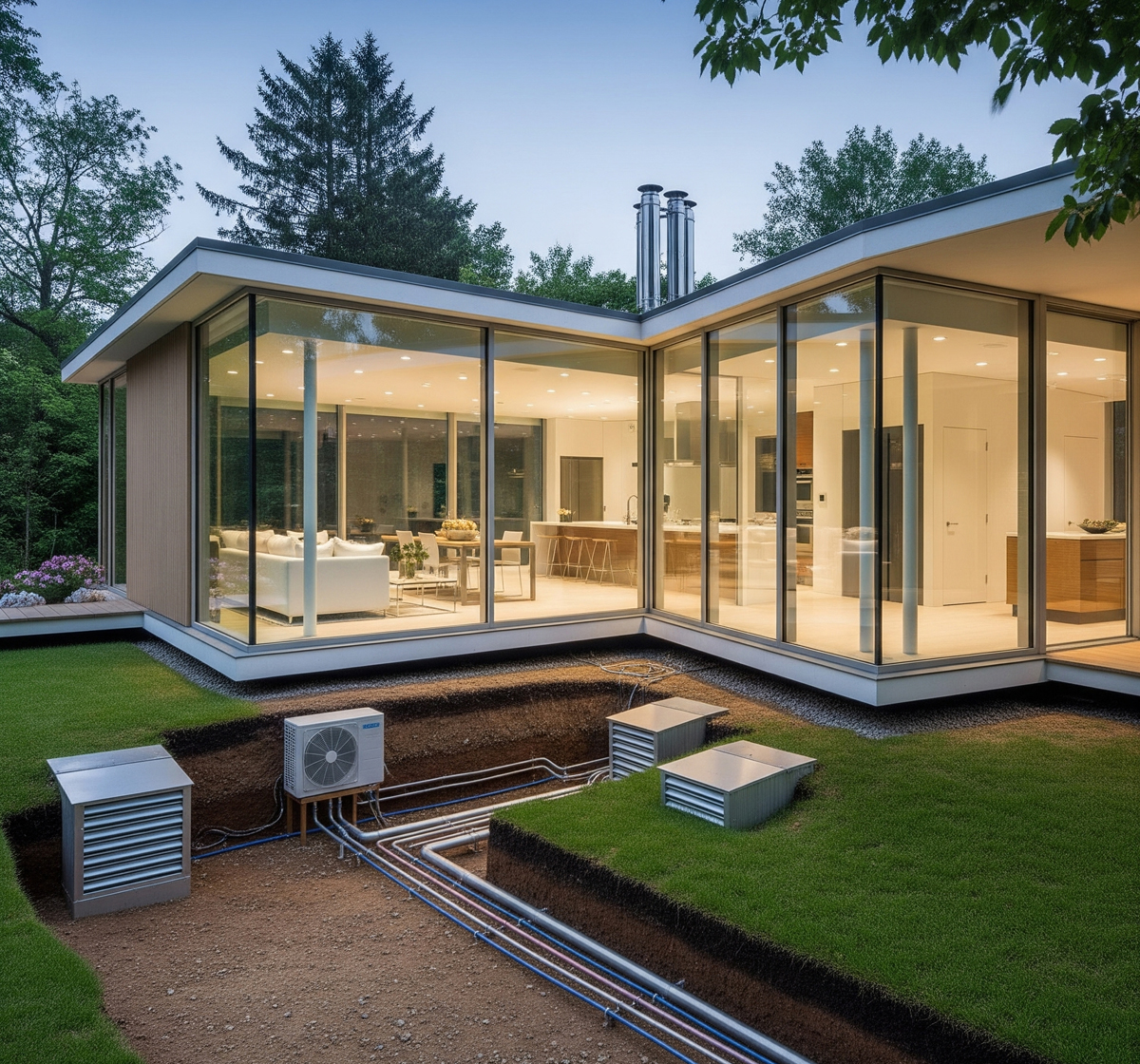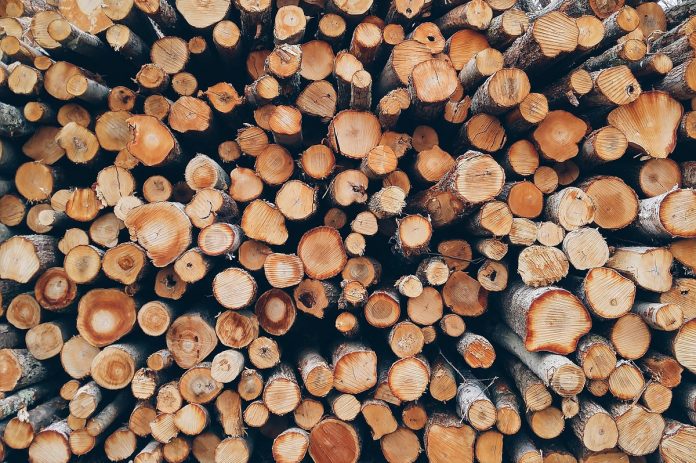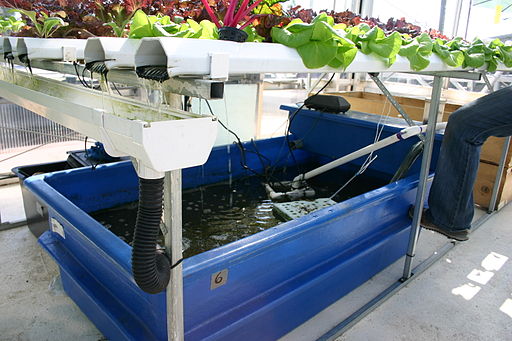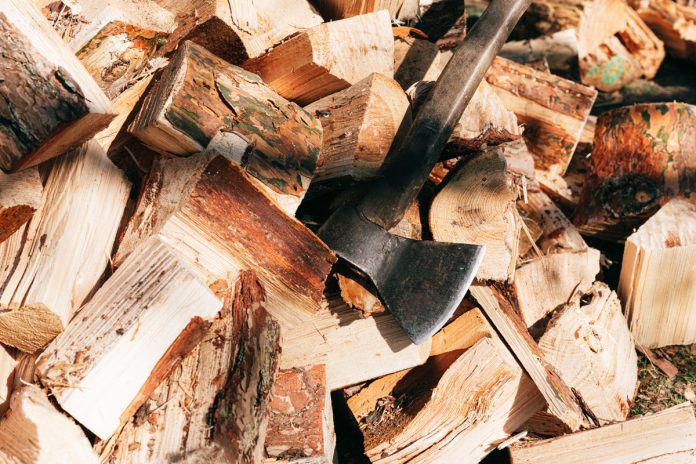Common Questions About Geothermal Systems

When designing your heating and cooling system, geothermal systems can be a wonderful choice. Geothermal systems have become increasingly prevalent in recent years as people become tired of spending tons of money to heat and cool their homes, especially as the cost of electricity and gas has gone up. Before deciding that a geothermal system is right for you, however, you may have some questions that you want answered.
Can I install geothermal systems in an existing home or are they only for new builds?
It is possible to install geothermal systems in both new constructions and in existing homes. You will need to have one or more wells dug in order for a geothermal system to be installed, so as long as you have the space for the well to be dug, you can incorporate a geothermal system as a retrofit. In fact, this may be a great choice since many older homes are not as tightly insulated as homes are today and can thus be harder- and more expensive- to air condition and heat.
Do geothermal systems provide all of the heating and cooling for my home?
Depending on your climate, geothermal should be able to handle much of the load of heating and cooling your home. You will generally, however, require some type of back up system to kick on when geothermal is not able to successfully do the job. You may have a choice between an electrical back-up heating system and a propane or natural gas back-up. You should speak with your installer, however, to determine what is appropriate for the climate in your particular location.
Can I use geothermal systems with radiant heat?
Geothermal heating and cooling uses a duct system just as a standard furnace and air conditioner do, as ducts are necessary for cooling. However, a geothermal heating system can be used with radiant heat flooring as well if you wish to have a comfortable heated floor in bathrooms, kitchens or other tiled spaces.
Are geothermal heating and cooling systems expensive?
Geothermal heating and cooling typically costs more than installing a standard heating and cooling system. However, federal tax credits are available that may help to offset some or most of the cost of geothermal systems. Local power companies may also provide rebates and incentives as well. You should check with your local supplier and with your accountant and power company to learn about all of the different incentives for installing a geothermal system.
Do geothermal systems lower my monthly bills?
Because geothermal systems are so much more effective at heating and cooling your home and because they use so much less energy to do so, your bills should decrease significantly when you install geothermal. A geothermal system can also be used to help offset some of the costs of heating hot water for your home as well. This means that geothermal systems will typically pay for themselves in just a few years as a result of the savings you enjoy on your bills. Check with your geothermal installer for a breakdown on how long it will take the system to pay for itself.
The Author:
hpbuildingsolutions
Photo. Gemini








